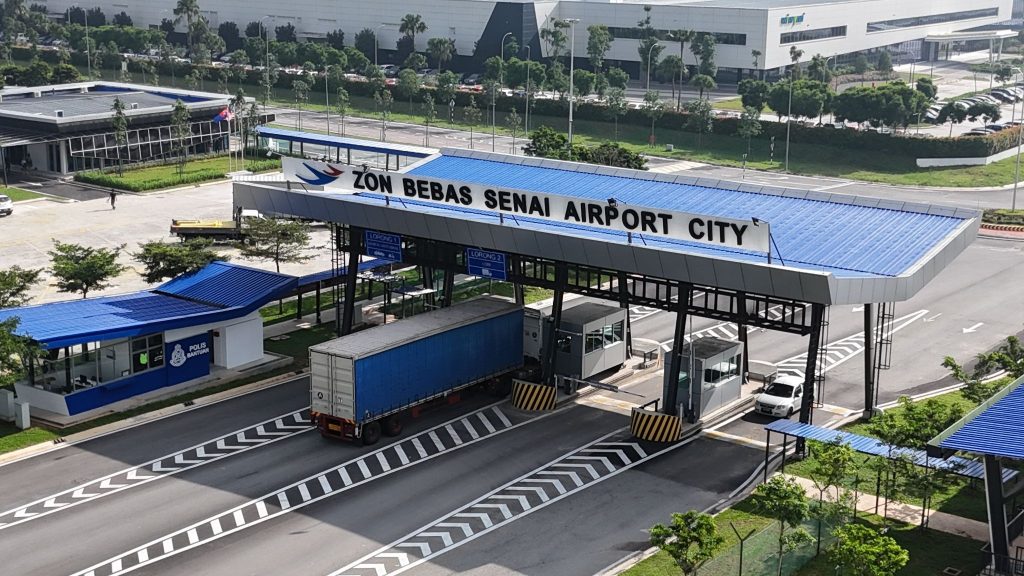Contributed by Gregory Das
In the present phase of economic recovery, developers might pursue new and innovative measures to maximise profits. But in doing so, they need to be wary of possible consequences.
In a recent judgment, the Court of Appeal ruled that commercial schemes that deviate from the terms of a statutory contract under the Housing Development (Control and Licensing) Act 1966 without authority are impermissible and contrary to the intent of Parliament. This came in the Loh Tina vs Kemuning Setia Sdn Bhd case.
In this case, the Court of Appeal had to decide if a developer’s amendment of a statutory sale and purchase agreement (SPA) that changed the transaction of a house in Penang from that of a freehold to a leasehold title was unlawful and contrary to the Act.
The developer signed a tripartite SPA under Schedule G of the Act with the purchasers and the proprietor of the land. There was also a joint venture agreement between the developer and the land proprietor.
After the execution of the SPA, the developer proposed several amendments to the SPA. The principal of which was the conversion of the transaction from that of a freehold to a leasehold transfer of the property. The basis for the proposed amendments was said to be to ensure that the SPA was in line with the joint venture agreement between the developer and the land proprietor.
The developer submitted the proposed amendments to the Housing Controller for approval. These amendments were rejected. The developer then issued a further application to the National Housing Department (NHD) explaining the basis for the amendments.
However, the NHD responded by stating that the further application could not be considered. The developer then scheduled a meeting with an NHD representative during which the developer submitted a revised draft of the proposed amendments to the SPA and stated its intention to proceed with the launch and development of the housing project. The NHD did not formally respond to the revised amendments, and the developer took this to mean that the amendments were proper and had been approved.
The purchasers later filed a suit against the developer to, amongst others, retain their freehold titles as stated in the SPA. The High Court dismissed the claim.
However, the Court of Appeal reversed the High Court’s decision and allowed the purchasers’ claim. In so doing, the Court of Appeal made important remarks on the strict duties of a developer to adhere to the terms of a statutory SPA.
First, the Court of Appeal found that the developer’s proposed amendments to the SPA were of no effect as the modifications had not been approved in writing by the Housing Controller. It was observed that “A developer that deviates from the HDA and the Regulations by modifying the standard statutory form of SPA in Schedule G without a certificate of the Controller approving the modification would be in breach of the HDA and the Regulations”.
The court then held that a developer could not “convert the sale to a lease in favour of the purchaser without the approval of the Controller” where the SPA was a standard form Schedule G contract.
The following was expressed as the basis for the finding: “To allow that would be to open the floodgates to all developers to modify the standard statutory form of SPA in Schedule G as they please and to carve out exceptions and exemptions as they like by creating a lease rather than an outright sale.
“Purchasers who are unaware of their rights would be at the mercy of developers who would want a second round of development business after the expiry of the lease granted, and doubtless the purchasers would have to vacate the housing accommodation that they have fully paid for upon the expiry of the lease...”
The Court of Appeal ultimately found that the purchasers were entitled to the transfer of the freehold titles over the house under the SPA as the developer’s amendments were invalid and contrary to the Act.
The ruling provides another demonstration of the stringent interpretation of the court’s accord to the terms of a SPA under the Act. With such an approach, there appears to be limited room for developers to recast their obligations under these agreements to ensure optimum commercial benefit.
Gregory Das is a practising dispute resolution lawyer in Kuala Lumpur and is familiar with housing development disputes.
Disclaimer
This article is intended to convey general information only. It does not constitute legal or other advice or the provision of legal or other professional services, and shall not be relied upon as such.
This article cannot disclose all of the risks and other factors necessary to evaluate a particular situation. Any interested party should study each situation carefully. You should seek and obtain independent professional advice for your specific needs and situation.



















































